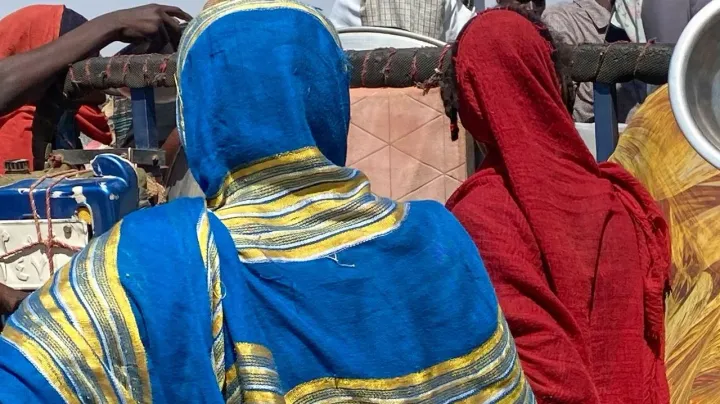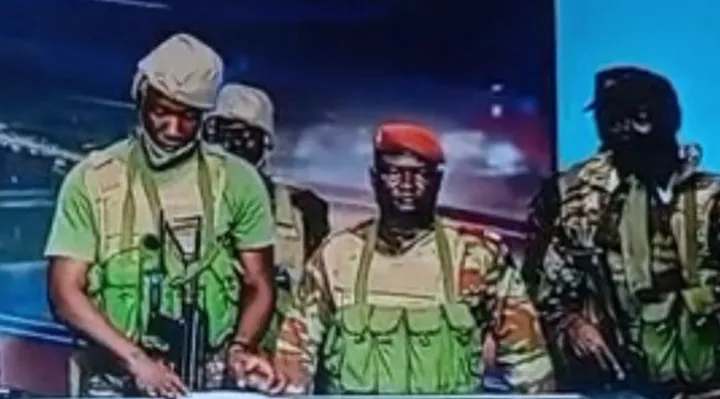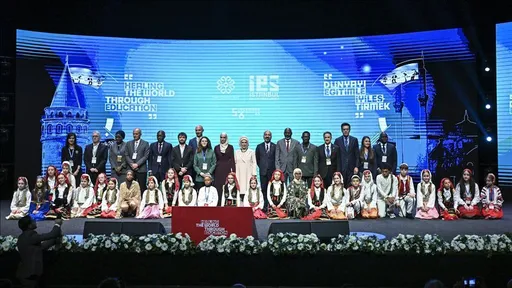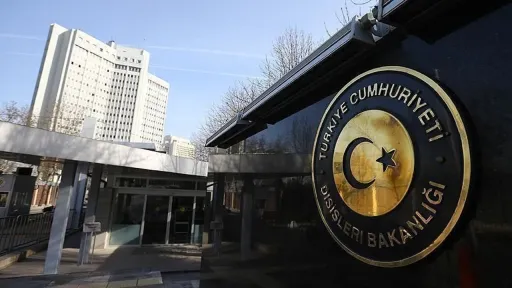A New York jury began deliberating Thursday on allegations that French banking giant BNP Paribas' business in Sudan contributed to atrocities under the regime of Omar al-Bashir.
The trial, which began September 9 and will be decided by a jury of eight, has heard the claims of three Sudanese plaintiffs, who testified on a litany of horrors committed by Sudanese soldiers and the Janjaweed militia.
The plaintiffs - two men and one woman, all now American citizens - told the federal court in Manhattan that they had been tortured, burnt with cigarettes, slashed with a knife, and, in the case of the woman, sexually assaulted.
"I have no relatives left," Entesar Osman Kasher, 41, told the New York court during the trial.
In closing remarks Thursday, plaintiffs' attorney Bobby DiCello said the proceedings had "revealed the secret that an international bank, BNP Paribas, has rescued, shielded, fed and illegally supported the economy of a dictator."
BNP Paribas "has supported the ethnic cleansing and ruined the lives of these three survivors," he said.
Letters of credit
The French bank, which did business in Sudan from the late 1990s until 2009, provided letters of credit that allowed Sudan to honor import and export commitments.
Plaintiffs argue that these assurances enabled the regime to keep exporting cotton, oil and other commodities, enabling it to receive billions of dollars from buyers; these contracts, plaintiffs argue, helped finance the violence perpetrated by Sudan against a part of its population.
But BNP Paribas maintains that "there's just no connection between the bank's conduct and what happened to these three plaintiffs," defense attorney Dani James said in opening remarks.
Attorneys for BNP Paribas also said that the French bank's operations in Sudan were legal in Europe and that international institutions such as the International Monetary Fund partnered with the Sudanese government during the period in question.
Moreover, defense attorneys said the bank had no knowledge of the human rights violations.
Hundreds of thousands killed
The plaintiffs would have "had their injuries without BNP Paribas," said attorney Barry Berke. "Sudan would and did commit human rights crimes without oil or BNP Paribas."
The war in Sudan claimed some 300,000 lives between 2002 and 2008 and displaced 2.5 million people, according to the United Nations.
Bashir, who led Sudan for three decades, was ousted and detained in April 2019 following months of protests in Sudan. He is wanted by the International Criminal Court on genocide charges.
























